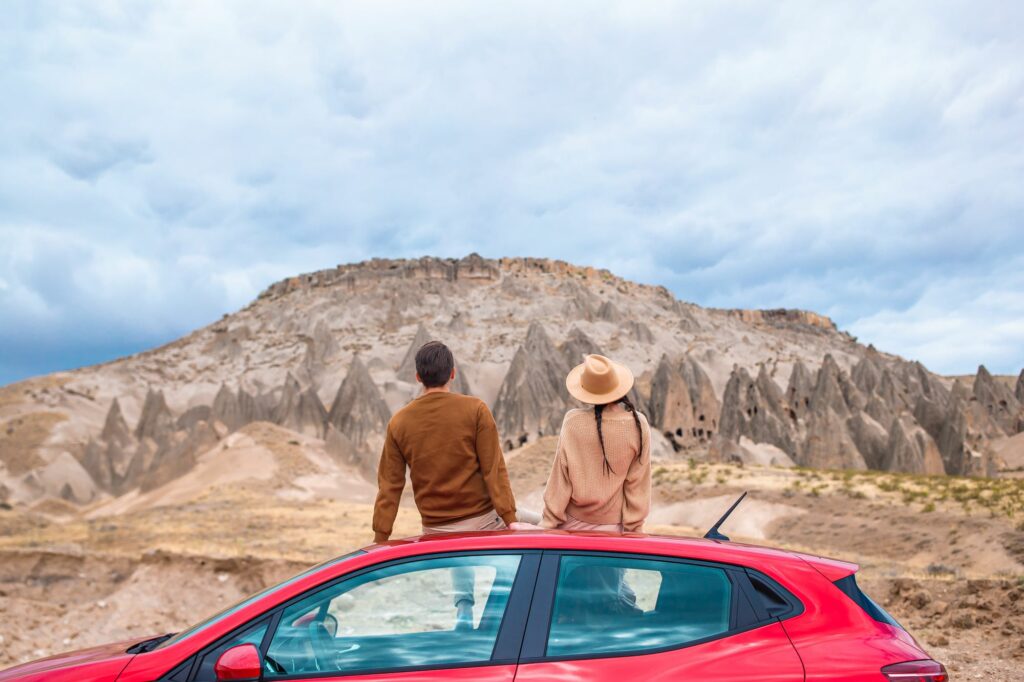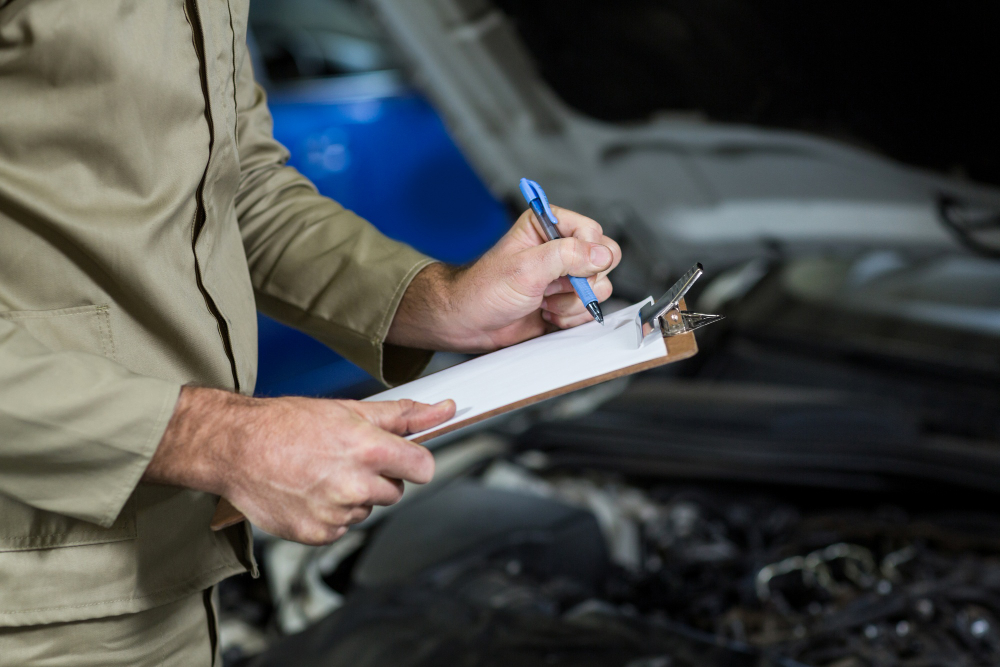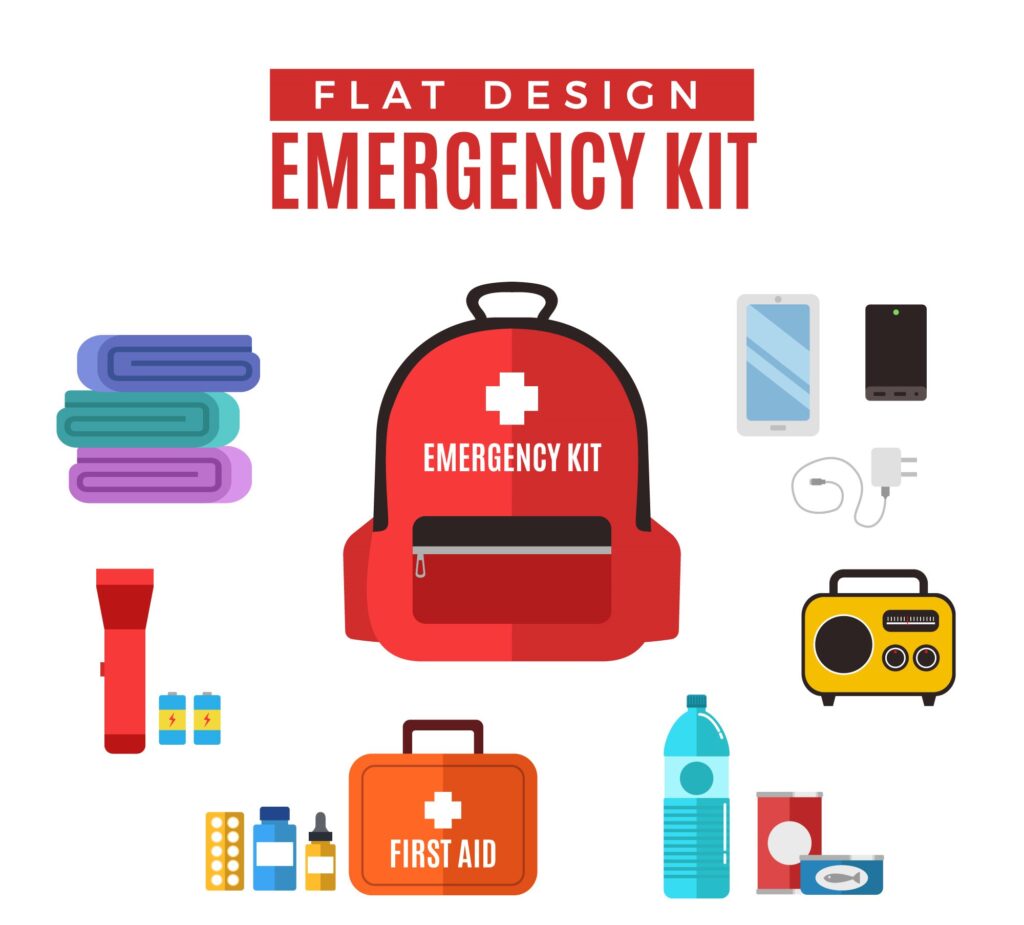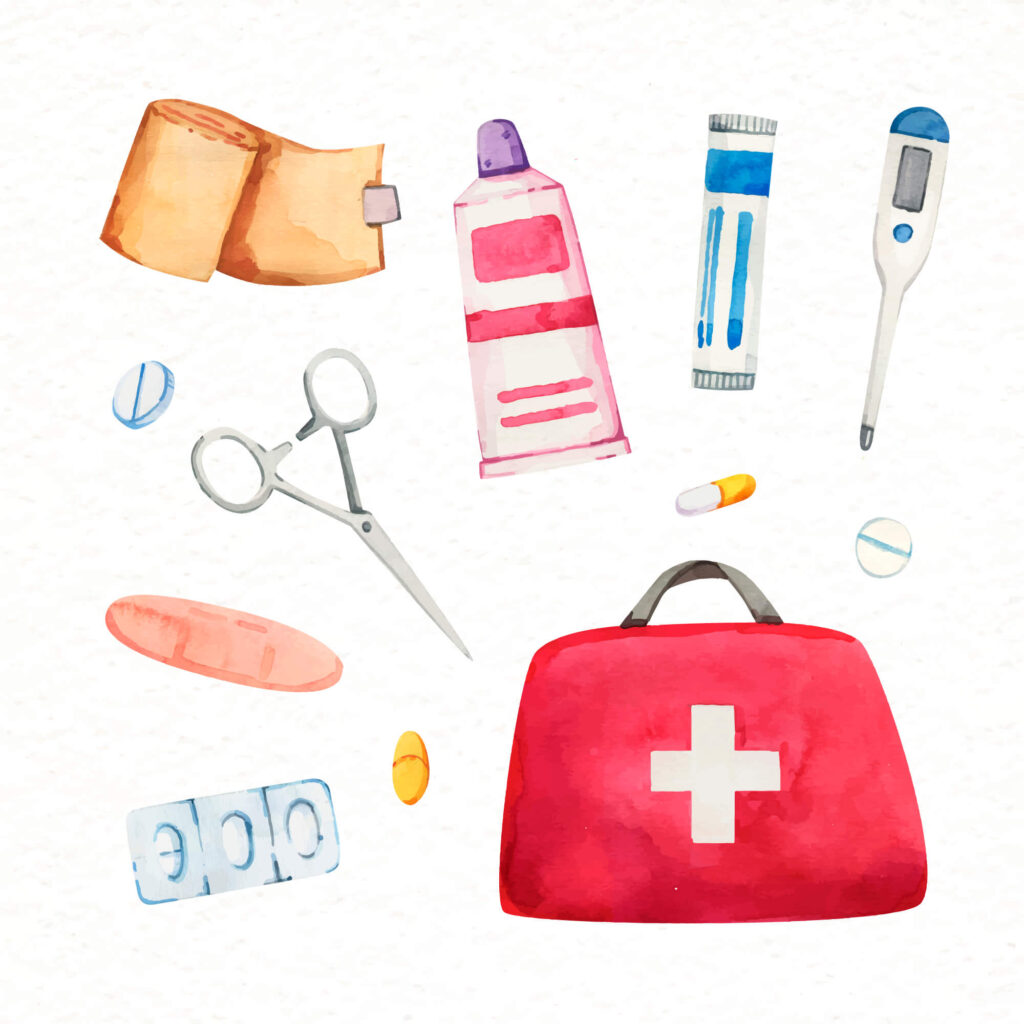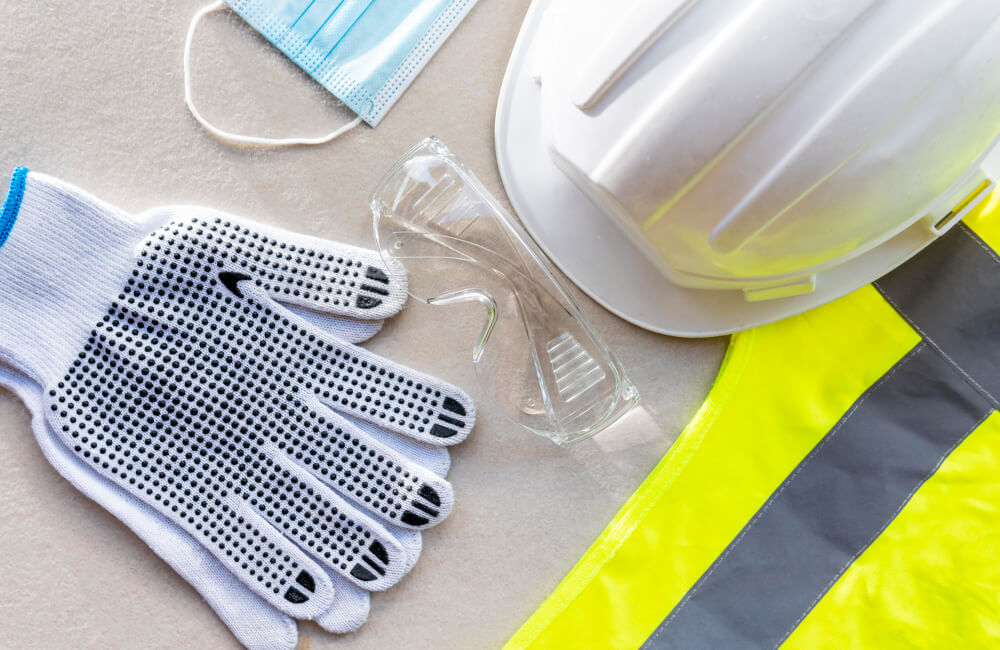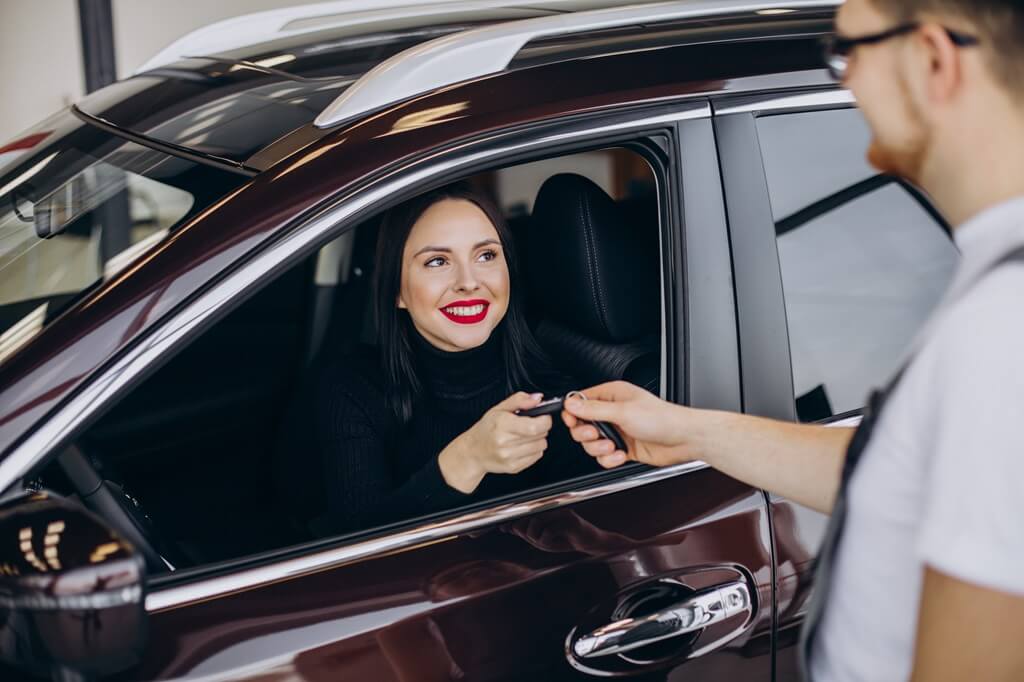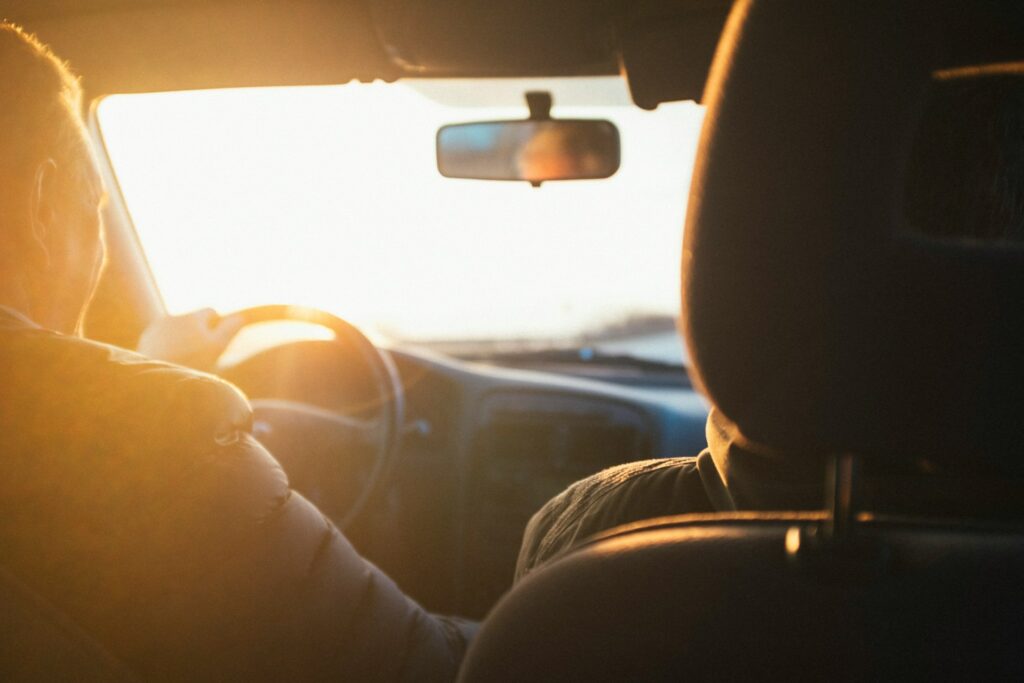
Renting a car offers great convenience but also comes with responsibilities, especially when dealing with insurance companies. Crashing a rental car introduces a series of steps and responsibilities that must be handled promptly and correctly. This guide will provide detailed information on what to do if you get in a car accident, including safety measures, notifications, insurance, and financial implications. Understanding these steps will help you manage the aftermath of an accident and mitigate potential costs and complications.
1. Safety First
Immediate Actions:
- Check for Injuries: Your first priority should be to ensure everyone involved is safe. If there are any injuries, seek medical help immediately by calling emergency services.
- Move to Safety: If the vehicle is obstructing traffic or in a dangerous position, move it to a safer location if you can do so safely. Switch on your emergency flashers to signal other drivers of the situation.
- Document the Scene: Take photos of the accident scene, including the damage to all vehicles involved, any relevant road signs, and the surrounding environment. This documentation can be crucial for insurance claims and legal processes.
2. Notify the Rental Company
Steps to Follow:
- Contact the Rental Company: As soon as you are able, call the rental company’s emergency contact number. Most car rental companies provide this number on the rental agreement or their website, which is crucial for your auto insurance claim after a rental car accident.
- Provide Clear Details: Describe the accident thoroughly, noting the time and location, along with the level of damage to the vehicles involved. The rental company will guide you on the next steps, which may include completing an accident report form.
3. File a Police Report
Reporting Procedures:
- Contact Local Authorities: In Canada, a police report is generally required if the accident involves injuries or significant damage, or if there is a dispute about who is at fault. Contact the local authorities to report the accident and give them all the required information.
- Obtain Documentation: After the police have completed their report, obtain a copy or an incident number. This report will be necessary for your insurance claim and for the rental company’s records.
4. Insurance
Types of Coverage:
- Collision Damage Waiver (CDW): CDW is optional insurance that covers damage to the rental vehicle, providing additional security during your car rental. It usually reduces or eliminates your liability for repair or replacement costs after a rental car accident, but it’s important to understand any exclusions or limits in your auto insurance policy.
- Liability Insurance: This covers damages or injuries to other parties if you are at fault, which may involve dealing with a car accident lawyer. Make sure you have sufficient coverage to shield yourself from significant financial liability, especially related to pain and suffering claims.
- Personal Accident Insurance (PAI): This provides coverage for medical expenses in case of injury to you or your passengers. It’s not always included in the basic rental agreement, so check if you need to purchase it separately.

5. Assess Damages
Evaluating the Situation:
- Inspect the Vehicle: Thoroughly inspect the rental car for any damage, both visible and hidden, to avoid disputes with the rental agency. Document everything with photographs.
- Repair Estimates: The rental company will assess the damage and provide an estimate for repairs. This estimate will help determine how much you may owe, depending on your insurance coverage and any applicable deductibles.
6. Deductibles and Fees
Financial Responsibilities:
- Deductibles: If you opted for CDW or similar coverage, check the deductible amount. This is the portion of the repair costs you are responsible for paying out of pocket, often referred to as your deductible by the car insurance company.
- Additional Fees: Be aware that the rental company may charge additional fees for administrative costs, loss of use (the revenue they lose while the car is being repaired), and any other penalties outlined in the rental agreement.
7. Legal and Financial Responsibility
Understanding Your Liabilities:
- Legal Implications: Depending on the severity of the accident, there may be legal consequences. If you are found at fault, you might face lawsuits or additional legal fees.
- Financial Impact: If your insurance does not cover all costs or if you didn’t purchase adequate rental insurance, you could be liable for significant expenses. Review your rental agreement and rental insurance policy to understand your financial responsibilities in the event of a car rental accident.
Final Takeaways
Crashing a rental car can be a stressful experience, but knowing what steps to take can help manage the situation effectively. Prioritize safety, notify the rental company, file a police report, and understand your rental car insurance coverage to navigate the aftermath of a car accident smoothly, especially if you need to address any personal injury claims. By following these guidelines, you can minimize the impact of the accident in a rental car and ensure that you handle the situation in compliance with legal and financial obligations.
FAQs
1. What happens if you damage an Enterprise rental car?
If you damage a rental car from Enterprise, you must report it immediately to the rental company. Depending on your coverage, you may be responsible for repair costs or deductibles.
2. What happens if you hit a deer in a rental car?
Damage caused by hitting a deer is generally included under collision insurance, which is vital for protection in a rental car accident. Report the incident to the rental company and file a police report to document the damage.
3. What does a loss damage waiver cover?
With a Loss Damage Waiver (LDW), you are covered for any damage to the rental vehicle resulting from an accident or theft, making it essential for peace of mind during your car rental. It generally reduces or eliminates your financial liability for repairs.

